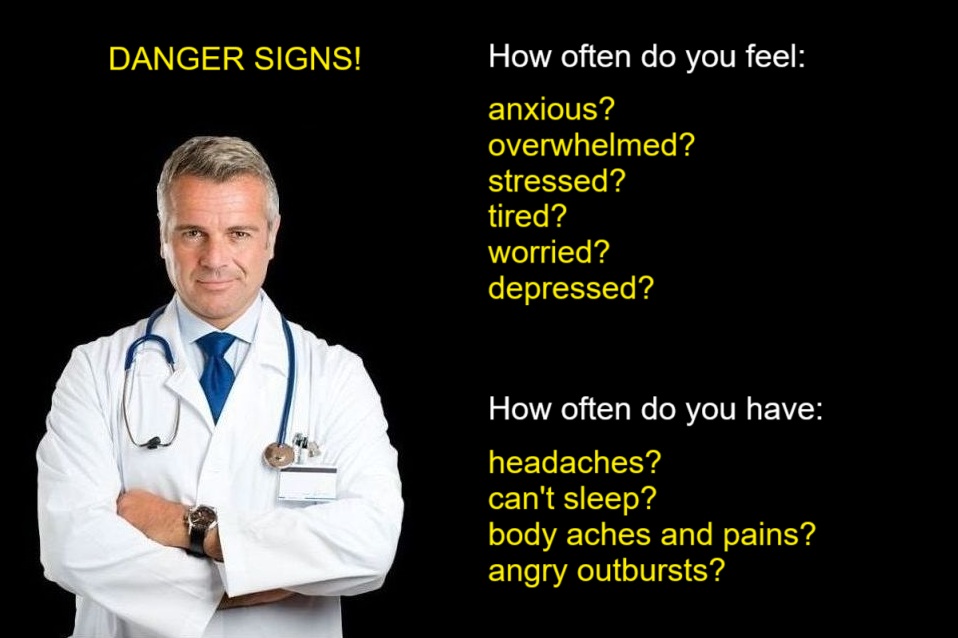The issue of homelessness has become a pervasive and complex problem across the globe, affecting not only the individuals who are homeless but also the broader societal fabric. While the visible aspects of homelessness, such as the lack of shelter and basic necessities, are well-documented, there is a less visible, yet equally devastating, consequence: the silent mental health epidemic that accompanies it. This article aims to shed light on the broad societal impact and overlooked psychological consequences of the homelessness crisis, highlighting how it fuels a silent mental health epidemic that affects us all, either directly or indirectly.
The Prevalence of Homelessness and Mental Health Issues
Homelessness is not just a matter of housing; it is intricately linked with mental health. Individuals experiencing homelessness often face a myriad of challenges that can exacerbate existing mental health conditions or trigger new ones. The stress of living on the streets, the fear of violence, the lack of access to basic hygiene facilities, and the constant struggle to find food and shelter all contribute to a perfect storm of psychological distress. Moreover, the prevalence of mental health issues among the homeless population is significantly higher than in the general population. Conditions such as depression, anxiety, post-traumatic stress disorder (PTSD), and substance abuse are common, further complicating the ability of individuals to escape the cycle of homelessness.
The Broad Societal Impact
The impact of homelessness on mental health is not confined to those who are homeless. It has a ripple effect, influencing the mental wellbeing of the community at large. For instance, witnessing homelessness can evoke feelings of helplessness, guilt, and anxiety in bystanders. The visible signs of homelessness, such as tent cities and individuals begging on the streets, can contribute to a sense of unease and insecurity among the general public. This collective anxiety can manifest in various ways, including increased stress levels, a heightened sense of vulnerability, and a decrease in the overall quality of life for community members.
Overlooked Psychological Consequences
One of the most overlooked aspects of the homelessness crisis is the psychological toll it takes on families and children. Children who experience homelessness are at a higher risk of developing mental health issues, including anxiety, depression, and behavioral problems. The instability and uncertainty of their living situation can affect their academic performance, social relationships, and overall development. Furthermore, the trauma associated with homelessness can have long-lasting effects, influencing their mental health and wellbeing into adulthood.
The Role of Trauma
Trauma plays a significant role in the mental health epidemic associated with homelessness. The experience of becoming homeless, often due to unforeseen circumstances such as job loss, domestic violence, or medical emergencies, can be traumatic. This initial trauma is then compounded by the daily struggles of living on the streets or in shelters, leading to a complex trauma that is difficult to address. The lack of safe and stable housing, combined with the stigma associated with homelessness, can prevent individuals from seeking help for their mental health issues, further entrenching the cycle of trauma and homelessness.
Breaking the Cycle: Addressing Mental Health in Homelessness
Addressing the mental health epidemic fueled by homelessness requires a multifaceted approach. Firstly, there is a need for increased access to mental health services, including counseling, therapy, and psychiatric care, tailored to the unique needs of individuals experiencing homelessness. This can involve outreach programs that bring services to where homeless individuals congregate, as well as the integration of mental health support into existing social services for the homeless.
Secondly, efforts to provide stable and affordable housing are crucial. Housing First initiatives, which prioritize providing permanent housing to people in need and then providing support services, have shown promise in reducing homelessness and improving mental health outcomes. By addressing the basic need for shelter, individuals can begin to rebuild their lives and address their mental health issues in a safe and supportive environment.
Lastly, raising awareness and promoting understanding of the mental health aspects of homelessness can help reduce stigma and encourage community engagement in solving the crisis. Educational programs, community events, and advocacy campaigns can all play a role in fostering a more compassionate and supportive environment for those affected by homelessness.
Conclusion
The homelessness crisis is not just a social or economic issue; it is also a profound mental health concern. The silent mental health epidemic it fuels affects not only those who are homeless but also the broader community, contributing to a collective anxiety and unease. By acknowledging the broad societal impact and overlooked psychological consequences of homelessness, we can begin to address the root causes of this epidemic. It is through a comprehensive approach that includes access to mental health services, affordable housing, and community awareness that we can hope to break the cycle of homelessness and mental health issues, ultimately creating a more compassionate and equitable society for all.












